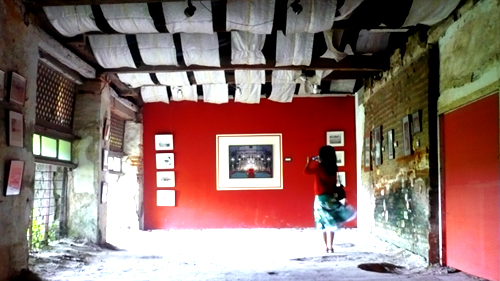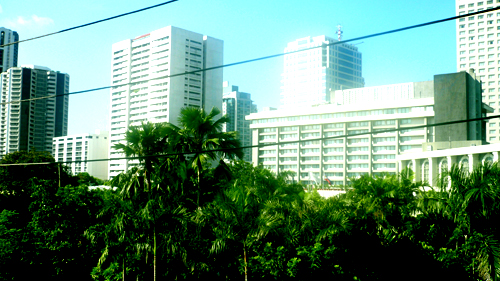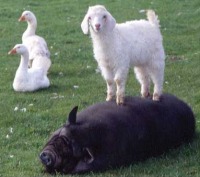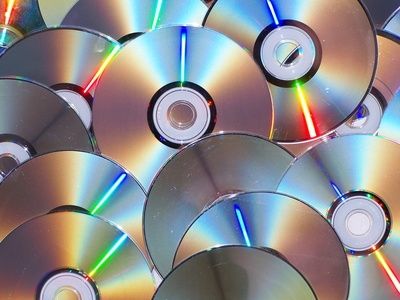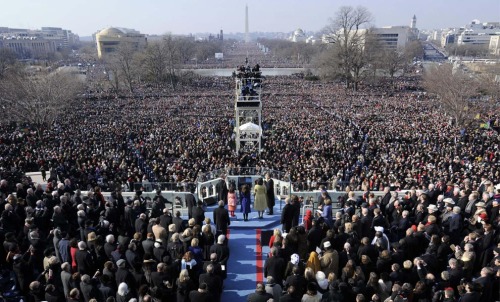
That's great. It really is. But it strikes me that the rhetoric going around is starting to get awfully self-congratulatory. People, like Frank Schaeffer at the Huffington Post, are saying things such as, "All over the world our country ... looks immeasurably better because we have grown up enough to embrace a black candidate, our fraught and sordid racial history notwithstanding."
Worse yet, angry lawn protectors like Pat Buchanan have proclaimed that black people should be grateful because all that slavery & oppression has ultimately led to the most prominent black people in the world, as opposed to all that violence going on in the homeland (And white colonialism had nothing to do with that no siree)
There is a general air of, "Damn we're really progressive and great" that is going to be dangerous in the long run to even more progress. Look at the arguments today. When people try and argue that racism is not a problem in America, they point to ridiculous trivia like Oprah Winfrey and Barack Obama. While good signs, they are nothing more than that. Signs of getting better, not evidence that we are cured. They are exceptions and not the rule. Mouthpieces like Buchanan are effectively telling people, "You're not a slave anymore so what is left to complain about?"




